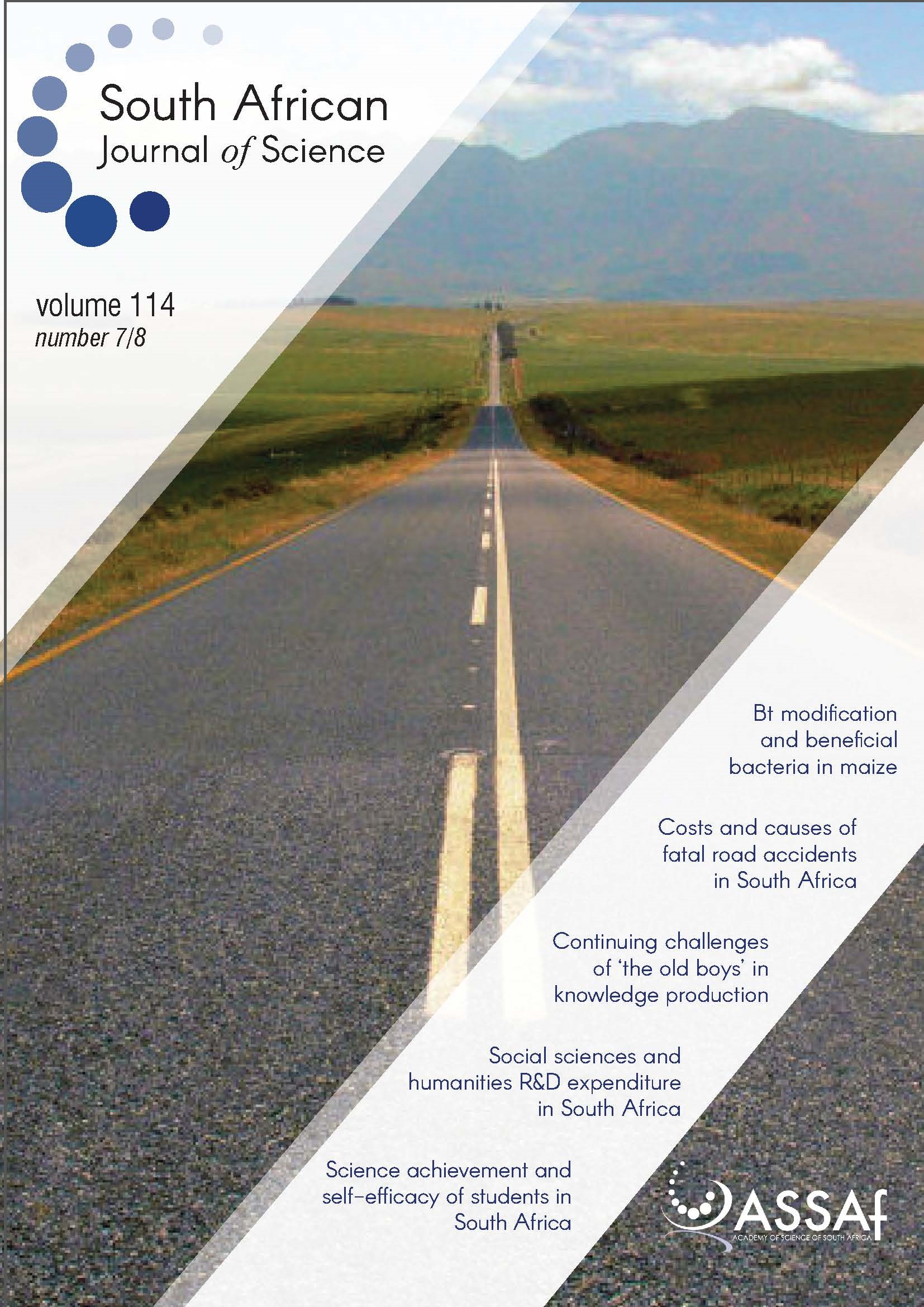Developing and implementing policy for the mandatory labelling of genetically modified food in South Africa
DOI:
https://doi.org/10.17159/sajs.2018/20170137Keywords:
GM food labelling, genetic modification, public participation, policy development, policy implementationAbstract
Like many other countries, South Africa has come under public pressure to introduce mandatory labelling for genetically modified (GM) foods. Although there is increased understanding of the social and political implications of GM labelling in developed countries, implications for the global South are still poorly understood. South Africa, as a country that consumes, produces and trades GM food, represents a fitting case study of these dimensions in the context of a developing economy. Via policy analysis, stakeholder interviews and document inquiry we offer an overview of the evolution of GM labelling, investigate the central influences on its development and implementation, determine the critical issues and identify the factors impeding or facilitating implementation. Our findings reveal that many significant events and decisions influenced the policy on mandatory GM food labelling in South Africa. They also suggest that several pertinent and problematic issues arose during its development as a result of the contentious nature of GM food labelling; stakeholder opinions, influences, and conflicted positions; and its practical complexity. Key implementation issues included divergent interpretations, and thus high levels of ambiguity; an inefficient National Consumer Commission; a lack of recourse for non-compliance; and the absence of a government-enforcement agency. Lower capacity in developing countries underscores the importance of a participation process that is believable by and inclusive of all actors. Stakeholders’ opinions about the policy development process were affected by their predetermined viewpoints about GMOs. Findings emphasise the influence of larger policy debates about the acceptability of GMOs on participatory processes, and the importance of contextualising GM labelling policies within such debates.
Significance:
- The first review of the evolution of mandatory GM food labelling policy in South Africa is provided.
- A knowledge gap with regard to GM food labelling in developing countries is filled.
- The importance of procedural fairness in determining the degree of stakeholder satisfaction with policy decisions is revealed.
Published
Issue
Section
License

All articles are published under a Creative Commons Attribution 4.0 International Licence
Copyright is retained by the authors. Readers are welcome to reproduce, share and adapt the content without permission provided the source is attributed.
Disclaimer: The publisher and editors accept no responsibility for statements made by the authors
How to Cite
- Abstract 1044
- PDF 2257
- XML 279
- EPUB 243












.png)